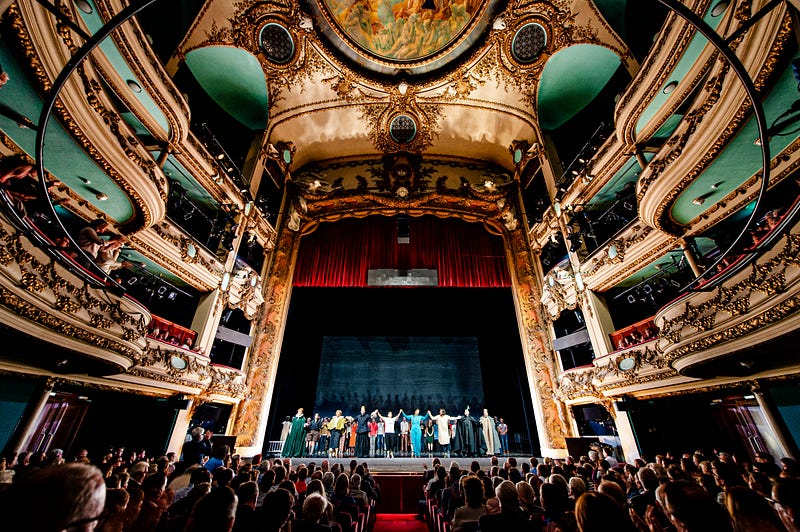A Discussion of Bourgeois Equality Chapter 64 “Anticonsumerism and Pro-Bohemianism were Fruits of the Antibetterment Reaction” Last chapter, Dr. McCloskey described two alternative deals the clerisy preferred as alternatives to the Bourgeois Deal. The Bolshevik Deal represents attempts at Communism as in the former Soviet Union, and the Bismarckian Deal lives on…
Tag: Literature
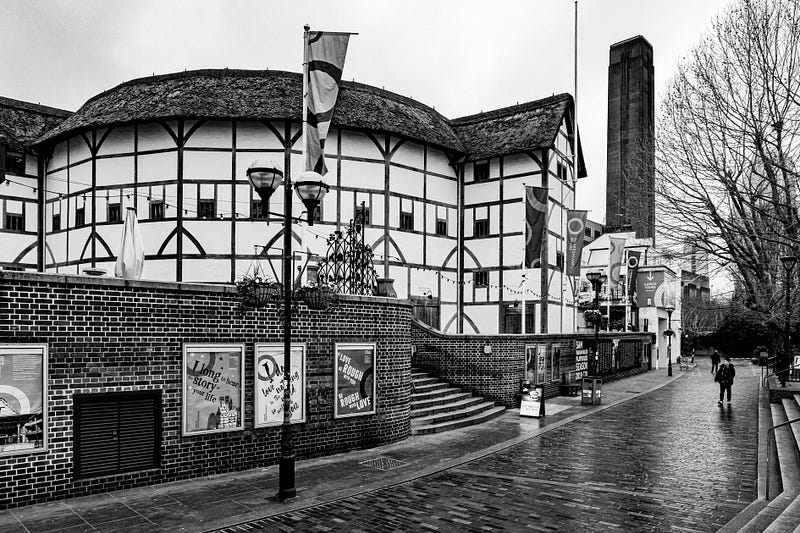
Hierarchy over Innovation for Shakespeare
A Discussion of Bourgeois Equality Chapter 32 “Bourgeois Shakespeare Disdained Trade and the Bourgeoisie” As Dr. McCloskey has argued in previous chapters, the Great Enrichment that kicks off around 1800 cannot be explained by an improvement in institutions like property rights. In this chapter, she again reminds us of the…
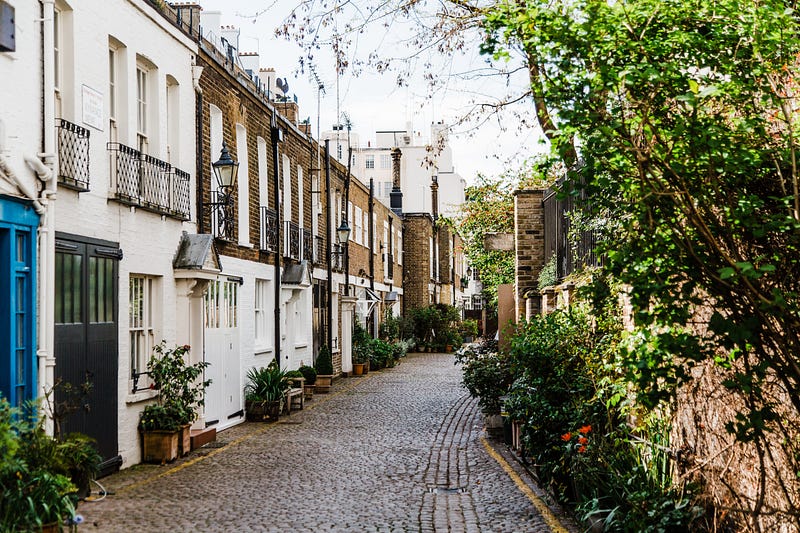
Bourgeois Revaluation Raises, if not Praises, the Merchants
A Discussion of Bourgeois Equality Chapter 28 “The Bourgeois Revaluation Becomes a Commonplace, as in the London Merchant” Dr. McCloskey continues to build her argument that a respect for the bourgeoisie is building in 1700s England, which will allow the Great Enrichment to flourish a century later. She calls this change in…
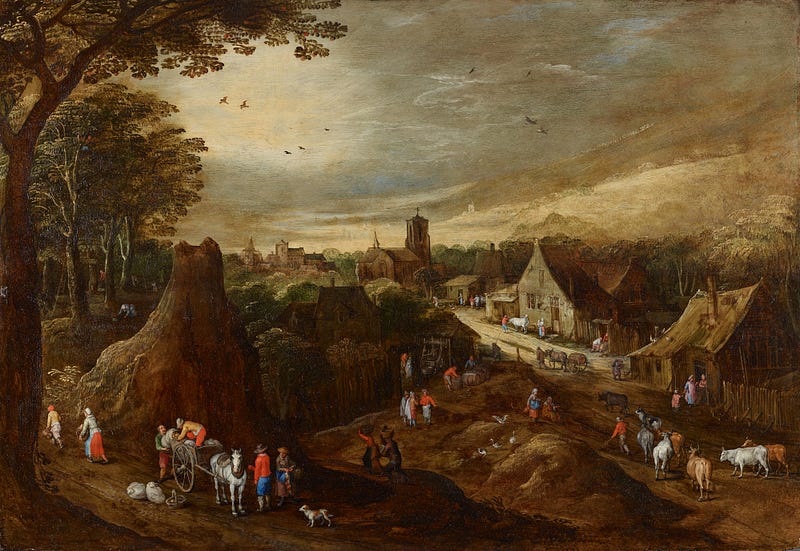
Seeing The Bourgeois Revaluation in Literature
A Discussion of Bourgeois Equality Chapter 27 “Defoe, Addison, and Steele Show It, Too” Dr. McCloskey demonstrates the literature of the 1700s shifted to reflect the values and the interests of the rising bourgeois class. This Bourgeois Revaluation is simultaneously esteeming the behaviors that will now lead to success and…

When Earning Money Became a Virtue
A Discussion of Bourgeois Equality Chapter 18 “No Woman but a Blockhead Wrote for Anything but Money” In this chapter, Dr. McCloskey is continuing with the idea initiated the last chapter: Jane Austen illustrates the bourgeois ideals in her writing, though she herself was not bourgeois. Austen is gentry, not…
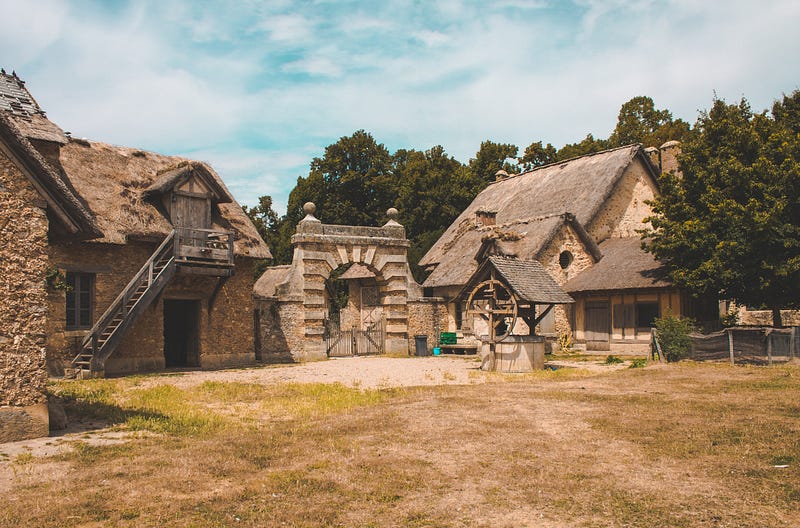
Backward History Reveals Why the Bourgeoisie Rise
A Discussion of Bourgeois Equality Chapter 17 “It is a Truth Universally Acknowledged that even Dr. Johnson and Jane Austen Exhibit the Revaluation” Dr. McCloskey begins Part 3 of this opus (there are 10 parts!) by delving further into the origination of the ideas that led to the Great Enrichment….

